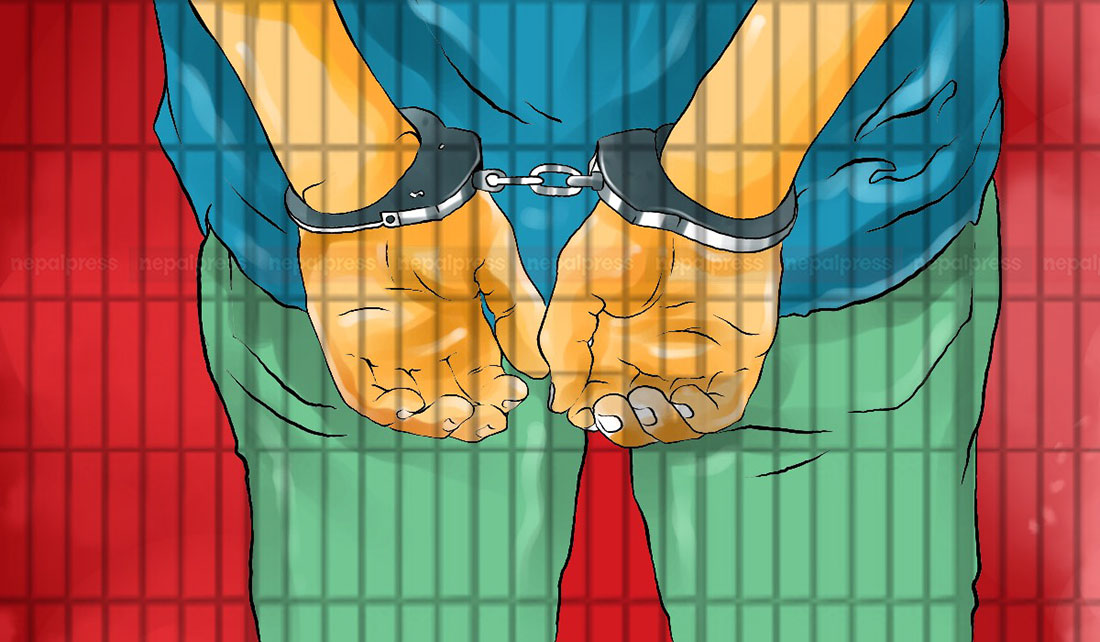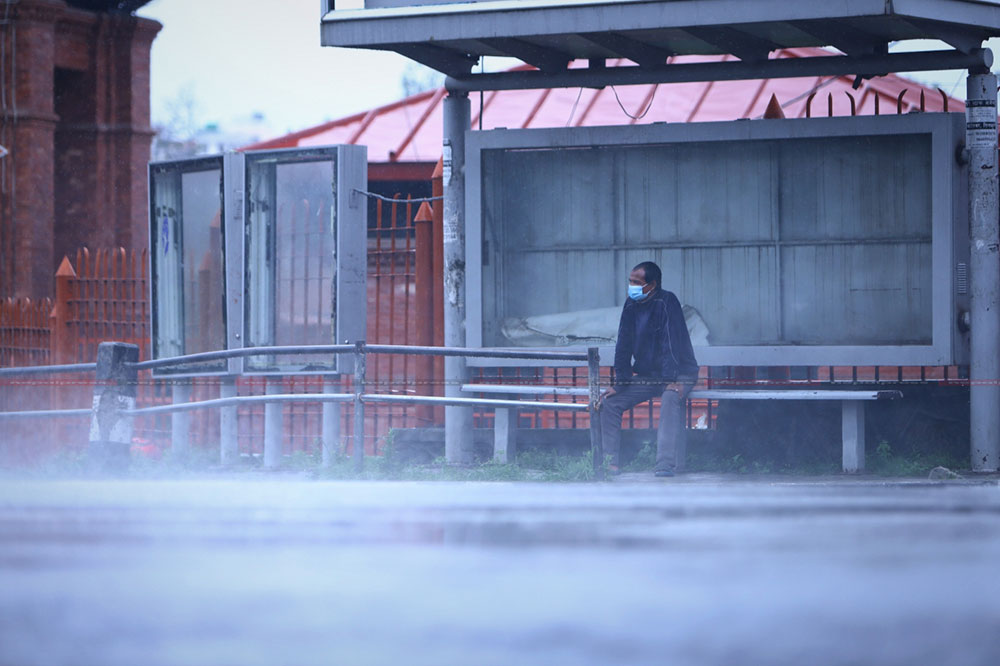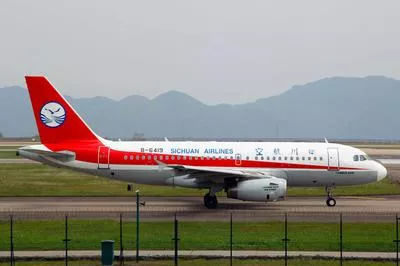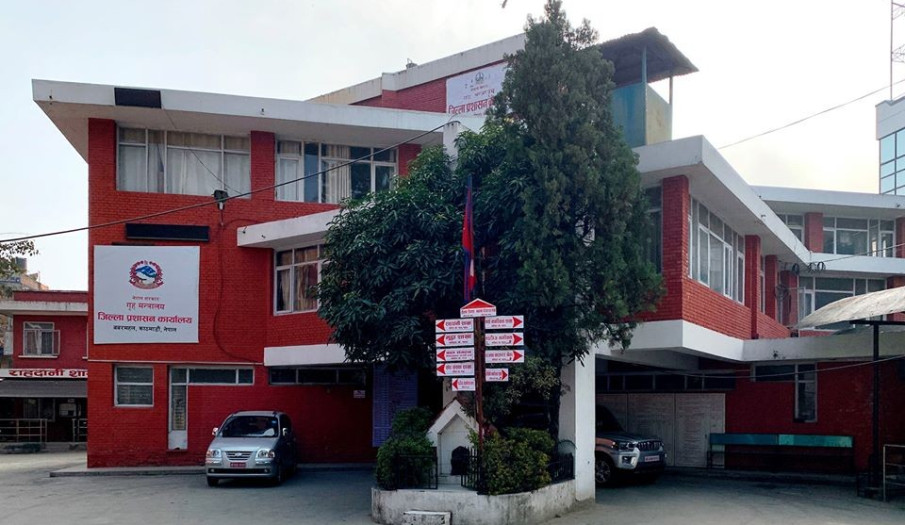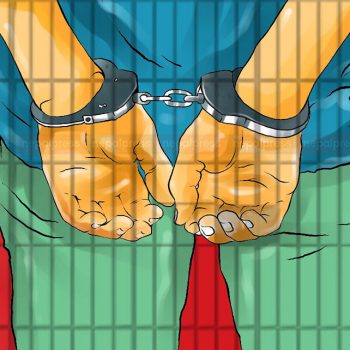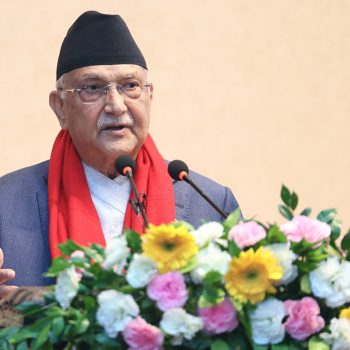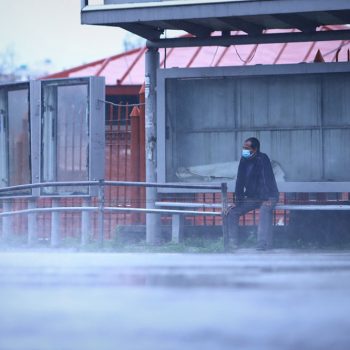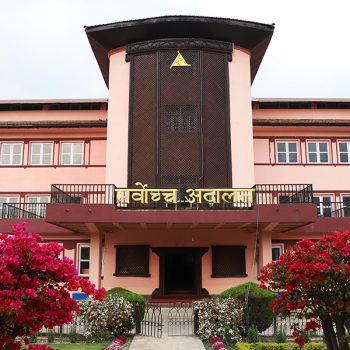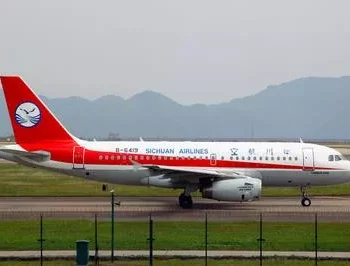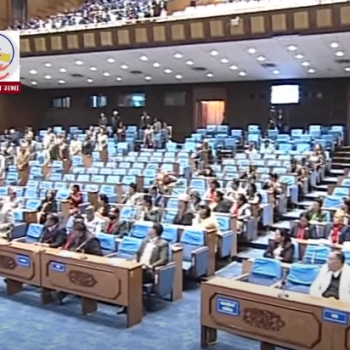A better economy for a safer country
 NepalPress
NepalPress
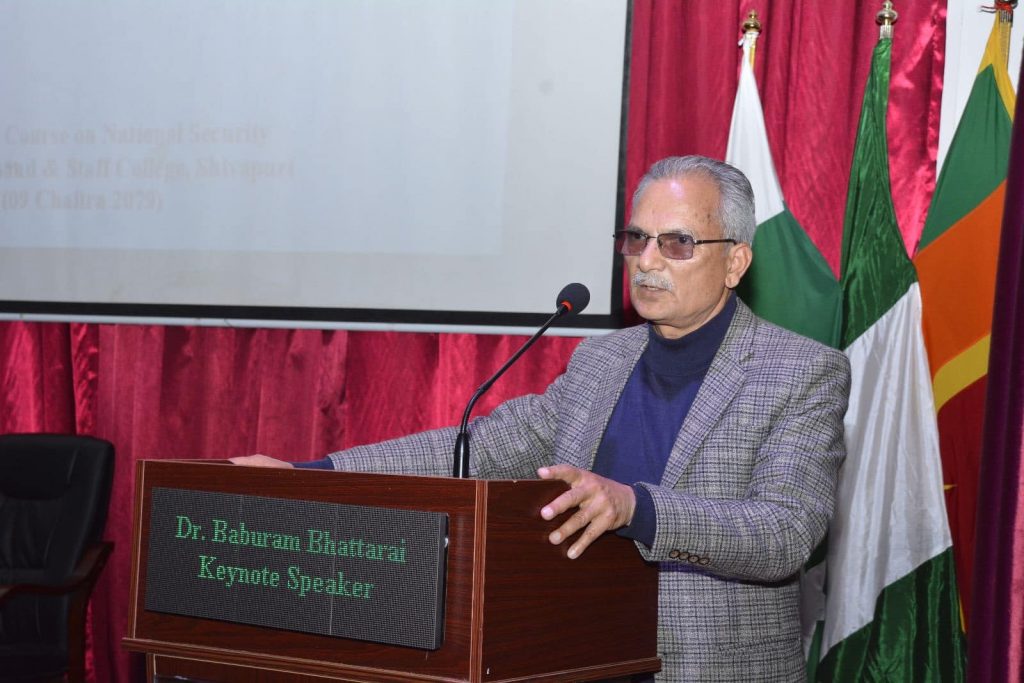
( This is a Keynote address on the topic of “Economy and National Security” at ACSC, Shivapuri by former PM Baburam Bhattarai) :
National security and economy are inexorably inter-linked and have almost a symbiotic relationship with each other.
While national security makes our country safer, economic security will make our country better in terms of improving day to day lives of ordinary people.
So, a better economy also makes a country safe.
This is especially true in the context of a globalized 21st century marked by accelerated economic integration and the digital revolution.
Before I share my reflections on the main topic, I would like to mention that we are proud of you all in the Nepal Army for your long tradition of professionalism and particularly for your internationally respected role as the UN peacekeepers. I am aware that many soldiers around the world are inspired by the Nepal Army and have been coming to Nepal to learn from you all through various types of military training.
Even during the war, the Nepal Army’s sensible role was vital to the success of our popular progressive movement.
I remember one incident during the people’s war. It was around 2003 when the army had been already officially mobilized against the Maoists by Nepal’s government. I was travelling on the East-West highway when I was suddenly stopped by a Nepal Army official for questioning in Daunne, Nawalparasi. The officer looked at me and, of course, recognized me. Still, he smiled and let me go.
So, let me also thank the Nepal Army for that gesture and of course for giving me this opportunity to share my reflections on a highly crucial topic.
When we talk about national security and economy, it is important to first outline the key developments in the global framework.
The 21st century is a radically different world than what we experienced in the last century. Globalization combined with information technology has made us economically highly interconnected like never before in the past. What is also distinct about our time is the pace of change which is super-fast.
This has brought both opportunities and challenges for the countries like Nepal which is in the margins of the global economy and power.
On the one hand, we can smartly take advantage of globalization to connect more with the world and explore newer opportunities for trade and investment.
In addition, economically constrained countries like Nepal are vulnerable to possible economic shocks, energy crisis, and disruption of global supply chains at the international level.
There are new security threats such as cyber-attacks as evidenced by the recent incident in our Tribhuvan International Airport when its server was attacked. There are also risks of data espionage and disinformation.
More importantly, Nepal is vulnerable to the adverse effects of accelerating climate change. Snow melting, droughts, and floods have already generated insecurities for a large section of our population.
Again, these risks have a direct connection with our economy. If we have a better economy, we will be able to deal with these threats more effectively.
A question that has become most pertinent in the 21st century is: what is national security?
In the last centuries, national security was defined mainly in military terms. As per this state-centric paradigm, the protection of a state’s territorial integrity is of core importance.
This still remains imperative as shown by the Russian attacks against Ukraine. There is a risk that big countries can launch military aggression against weaker neighbors for their larger interests.
However, the narrow definition of national security in terms of territorial defense is not adequate for this globalized, new digital age.
Particularly after the post-Cold War, there have been new debates on security. Security scholars and experts have broadened the scope of security to better account for globalization and wider trends following the end of the bipolar struggle for power.
More importantly, the threats of climate change that have become urgent in this Anthropocene era, have pushed us to broaden the scope of national security. Our natural environment does not recognize territorial borders. As the global temperature rises, it is having an impact on Nepal as in other countries.
Many of these aspects focus less on the state and on military threats and more on human-centric threats and risks – expanding to include areas such as economic security, health, technological and environmental concerns.
Hence, national security has become associated with preventing disruptive effects on society, economic performance or critical processes.
In turn, the paradigm of national security has broadened to encompass human security as its core dimension. An important pillar of human security is economic security. Economic security safeguards ordinary people from basic insecurities such as hunger, disease and unemployment which are directly related to their physical security.
Economic security is also crucial to ensure technological security. Only when we have economic resources, can we deal with the newly emerged digital threats and risks of this new century.
Recognizing these new security perspectives, Nepal’s new Constitution has guaranteed an all-round human security system. The National Security Policy of 2016 also reflects a few aspects of this new model on national security.
However, national security strategies need continuous critical thinking and discussions to address the constantly evolving threats and risks of our new age.
When we are talking about updating our national security policies and strategies, we also need to have a perspective on the evolving global power dynamics.
International relations have rapidly changed in the last two decades. The end of the Cold War and of the bipolar world have briefly transformed the world into a predominantly unipolar one, which is now gradually changing into a multipolar one. The roles of not only of the great powers but also of the medium-sized states like Nepal are undergoing changes.
It has been predicted that in the next few decades, China and India will become two of the world’s super powers. During that time, Asia will surpass the combined strength of North America and Europe in economic might, population size, and military spending.
India and China will have vetoes over many international decisions, from climate change to global trade, human rights, and business standards. This is a sure challenge to the US’s sole hegemony after the Cold War which the US understandably wants to maintain.
Not surprisingly, there have been shifts in the US policy towards China from the Obama administration’s earlier relatively friendly approach. Since Trump’s administration, China has been perceived as the most significant threat to its unilateral global dominance. Biden administration has continued this policy. This has led to an increased rise in global military spending particularly in the US, China, and India and use of economics as a tool of national security.
However, the US is not in a position to confront with China completely due to its economic implications. The US is China’s largest trading partner.
The US policy towards India has also evolved. In the recent years, the US has been cozying up with India and treats it as an important ally to counter China’s increasing global influence.
Nevertheless, their relationship is not straight forward due to India’s historically close links with Russia and US’s military engagement with Pakistan. It is also said that an influential section in the US is concerned about India’s internal political developments particularly human rights abuses of minority groups.
China and India’s relationship is equally complex. While both countries understand that mutual cooperation is in their long-term interests and have deep economic linkages, there are underlying insecurities and border disputes that often shape their relationship.
These complexities of relationships have been manifested in newly emerged global alliances. On the one hand, India and China got together to form BRIC in 2009 which later was renamed as BRICS. On the other, India has been part of the recently formed QUAD to counter China’s influence in the Indo-Pacific region.
This Indo-Pacific region has become geo-politically important because there is an intense competition between two great powers –the US and China. It is said that the Indo-Pacific which is home to 65 per cent of world’s population will shape the trajectory of global politics for most of the 21st century. We have seen a few glimpses of Indo-Pacific geo-political rivalry in Nepal as well.
While the US is building alliances to counter China, China has its own initiatives to extend its global influence such as Belt and Road Initiative (BRI) which is joined by around 18 countries from the European Union.
What is also distinct about these current international coalitions is that instead of long-term alliances such as NATO, they are ad hoc project-based alliances. A few scholars also claim that we are moving towards a post-Alliance era in which ad hoc international coalitions would be dominant.
Nepal’s strategic position between two nuclear powers competing for global powers has created new complexities for us when it comes to safeguarding our sovereignty and national security which is vital for economic progress.
The competition and insecurities between three global power centres of the 21st century, namely western powers, China and India have affected our national security framework.
The challenge for Nepal is while we need to engage with all three powers for our economic benefits, we need to stay away from their competition for power and influence with each other.
Often times, economic benefits are tied up with their security interests. This is when it gets complicated for Nepal.
Given our vulnerabilities, economic security has to be an integral part of our national security.
I fully subscribe to the idea that there should be emphasis on trade diversifications and self-reliant economy as the pillar of our national security.
While it may not be possible to be fully self-reliant on all sectors in today’s day and age, we have potential to be self-reliant at least on food and energy security.
We can take an example of the West. After the Ukraine war, they have started taking initiatives to reduce their dependence on Russia for their energy needs. They are also taking steps to reduce dependence on China for strategic goods such as computer chips.
It needs to be stressed that political parties need a better vision on Nepal’s security and defense policies. Merely displaying their commitment to protecting sovereignty and territorial integrity is not adequate. We need to think more deeply on the national security issues at least keeping a long-term perspective on mind.
In terms of long-term strategic planning on national security, according to the international security experts, two key global security threats need to be taken into account.
The first relates to massively increasing income gaps that could trigger violent conflicts in the margins of our society. The second relates to environmental degradations that are also likely to cause violent conflicts in countries like Nepal in the future.
It is now high time that the country embarks upon modernization of the Nepal Army to suit the demands of the fast changing geo-political/geo-strategic situation in the neighborhood in the 21st century.
It would be prudent to equip the Army with ultra-modern weapons and techniques and focus on quality than quantity. We could think of raising a mass militia trained in guerilla warfare and mountain warfare to support the armed forces in case of external aggression. Also, we must find a way to regulate the open and porous borders with the big neighbors.
Finally, I want to end by sharing my own personal experience with the Nepal Army.
As all of you know I was entitled as the Prime Minister of the country with a special role in carrying out the integration of the Nepal Army and the PLA. And as you all can guess it, this was full of challenges.
I remember in 2012 there was an intense struggle between pro-integration and anti-integration forces inside the Maoist People’s Liberation Army. There were reports of some violence as well. As soon as they happened, I met with the then my party Chairman Pushpa Kamal Dahal ‘Prachanda’.
Based on our discussions, we requested the Nepal Army to intervene on the matter. They handled the situation professionally and competently. So, the army integration process was accomplished peacefully.
Given this kind of positive role of the Nepal Army in relation to peacebuilding in Nepal, I am confident that the Nepal Army will play a key role in supporting the elected government in creating a safer and better Nepal.
We need to remember that the Maoist’s movement for inclusive democracy and social justice in Nepal as well as our peace process were home-grown. Both Nepal Army and the Maoists should realize that we both want a prosperous Nepal in which our children and grandchildren have a bright future. Therefore, we should leave the past behind and focus on building an economically prosperous Nepal that we all can be proud of and want our future generations to happily live in.


